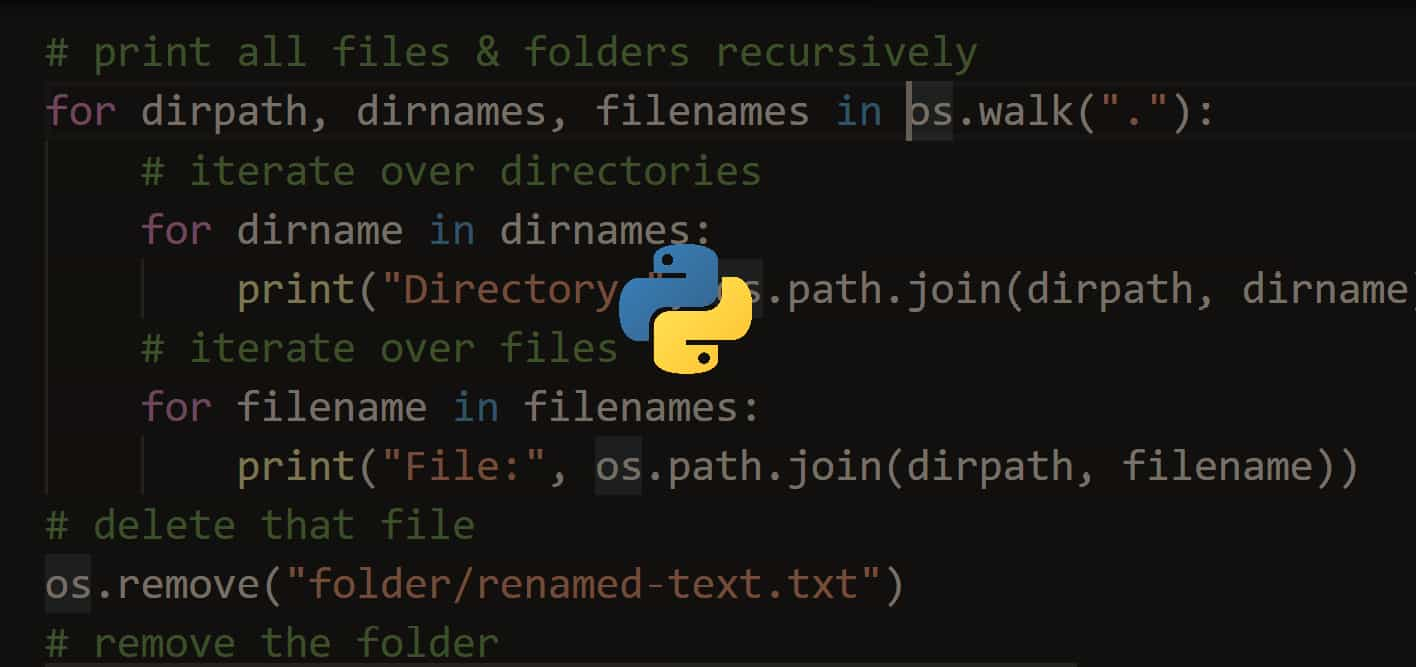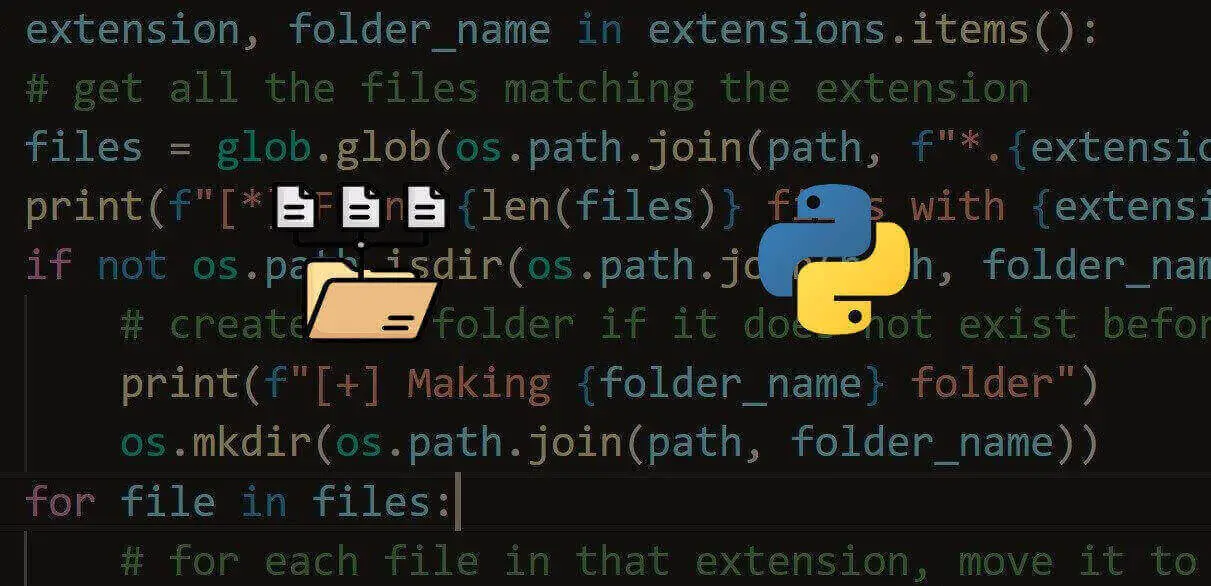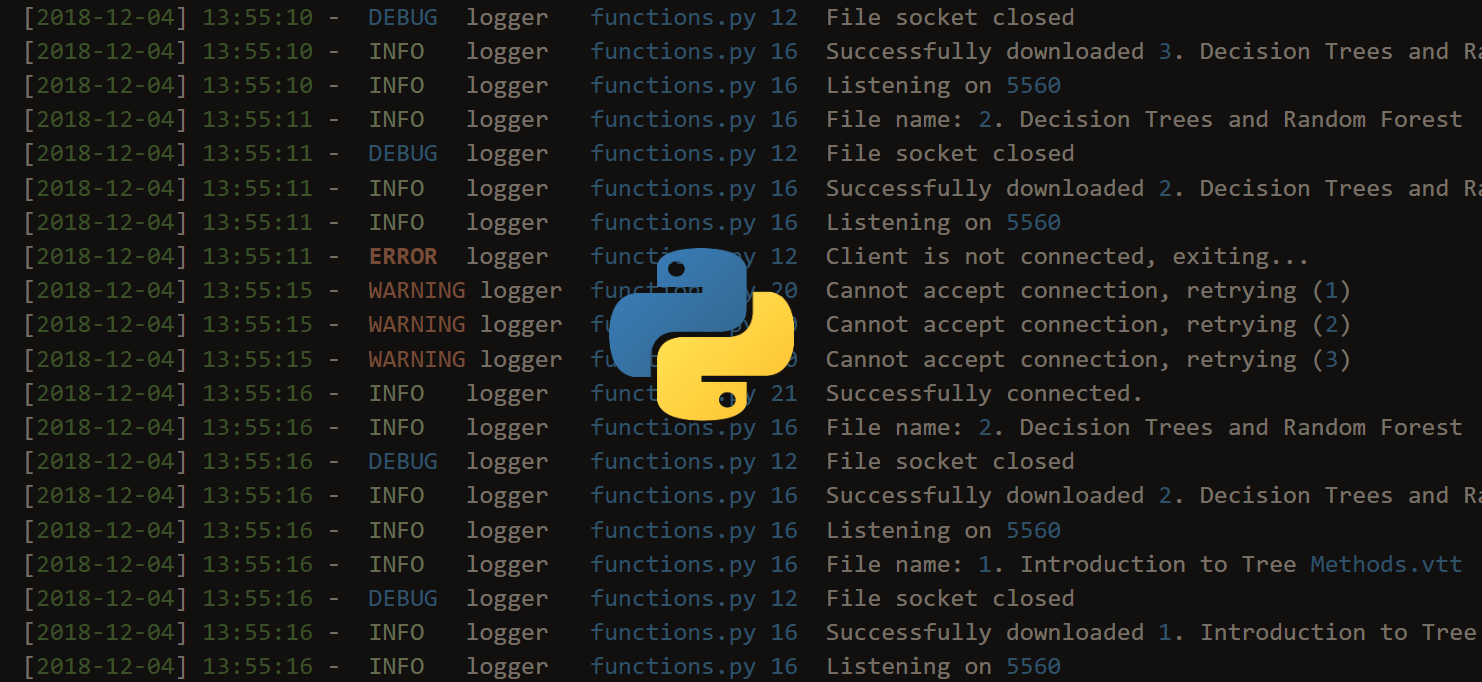Step up your coding game with AI-powered Code Explainer. Get insights like never before!
Python string formatting is a great tool to have in your toolbox. Python f-strings are updates on Python string formatting. It is faster at runtime, and it's easier to write. Once you start using it, there is no going back.
An f-string in Python is a string literal that is prefixed with the letter "f" and curly braces containing expressions that will be replaced with their values. They're a convenient and concise way to include the value of variables or expressions in a string, and they're especially helpful for quick debugging and logging purposes.
F-strings were introduced in Python 3.6 and are available in all subsequent versions. They provide a more readable alternative to the older .format() method for string formatting.
To create an f-string, you can prepend the string with the letter "f" and then include any Python variable within curly brackets:
# Normal way to print variable name and value
name = "Abdou"
age = 24
print(f"name: {name}, age: {age}")Output:
name: Abdou, age: 24However, there is a faster and even more convenient way to print the variable name and value using the "=" sign in f-strings:
# using the "=" sign
print(f"{name=}, {age=}")Output:
name='Abdou', age=24Remember that this syntax (using the "=" sign) is only available in Python 3.8 and above. If you're using an earlier version of Python, you must use the regular f-string method.
In conclusion, f-strings are a convenient and concise way to include the value of variables or expressions in a string in Python. They are especially useful for debugging or logging purposes, as they allow you to print the variable name and value in a single statement.
Learn also: How to Organize Files by Extension in Python.
Happy coding ♥
Liked what you read? You'll love what you can learn from our AI-powered Code Explainer. Check it out!
View Full Code Fix My Code




Got a coding query or need some guidance before you comment? Check out this Python Code Assistant for expert advice and handy tips. It's like having a coding tutor right in your fingertips!